The 4th biennial conference of the Zones Ateliers network was the occasion of a joint event organized with the Observatories of the Critical Zone (CZO) and the ILTER network (International Long Term Ecological Research). This event was held in La Chapelle-sur-Erdre from 2 to 4 October 2017. The "ILTER Coordinating Committee Meeting" was then held in the same place from 4 to 6 October and was followed by field visits in ZAAJ and ZAL.
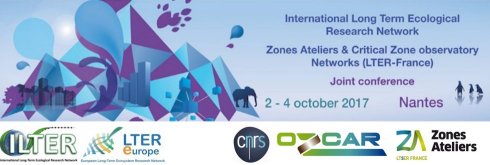
Hôtes
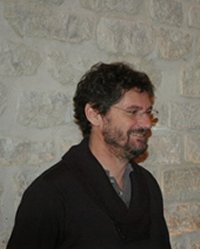 |
The Réseau des Zones Ateliers organizes every second year a scientific Conference, an important moment of scientific exchange but also knowledge sharing with stakeholders. The last three conferences were held in Paris, CNRS. Time was therefore due to move in other parts of France! This 2017 Conference is further unique, in the (short) history of Zones Ateliers Conferences, for two additional reasons: it is the first time the conference is international (almost half of the talks); and second, it is a joined conference with the CZO. As expected, the number of participants is the highest ever achieved. Welcome to the joint Conference! (by Vincent Bretagnolle, Scientific coordinator of Zones Ateliers) |
| Welcome to the eLTER France meeting! This conference is a first of a series of conferences joining the French LTSER (Long-term-socio-ecological-research) and the CZO (Critical zone observatories) communities, aiming at exchanging views and co-construct actions on societies and their relationships with the planet in a changing word and increasing pressure on all resources, water, soil and biodiversity. We hope that through the series of shared oral and poster sessions, you will take the opportunity offered by eLTER France and eLTER Europe to participate strongly to a new era of collaboration between the geo-, eco- and socio-ecological communities and favor the emergence of new research challenging questions. (by Jérôme Gaillardet, Scientific co-cordinator of the CZO OZCAR research Infrastructure) | 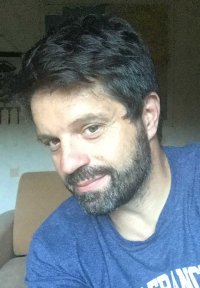 |
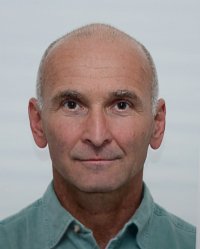 |
Since the foundation of the International Long-term Ecological Research Network (ILTER) in 1993, annual conferences have always formed important milestones. But for some years now, their nature has significantly changed: the original business meetings of member network representatives do only form part of composed events for a wider scientific audience and reflecting the host countries or regions interests and foci. The ILTER annual conferences have thereby become excellent opportunities for national or regional scientists to meet members of the global LTER community, which- in turn – gain insights into ILTER´s potential related to an intriguing diversity. Feedbacks on the first explicit global LTER science conference, the ILTER Open Science Meeting (OSM) 2016 in South Africa were so enthusiastic, that OSMs will be organized every third year in the future. We are very grateful to LTER France for hosting the ILTER 2017 conference. LTER France provides a striking example of successful efforts in meeting the challenge of inter- and transdisciplinary ecosystem research by combining the socio-ecological research undertaken by the Réseau des Zones Ateliers with the geo- and hydro-sciences represented by french critical zone network OZCAR. Thereby, the science conference part of the program reflects in a timely manner the ongoing development of the integrated European infrastructure for ecosystem, critical zone and socio-ecological research, eLTER RI, embedded in LTER-Europe. This program will surely stimulate the following ILTER Coordinating Committee meeting in revising the ILTER mission and goals for the next decade and the OSM 2019 in Germany. Thanks once more to all those who helped realizing the ILTER 2017 annual conference and wishing us all inspiring and fruitful days in Nantes ! (by Michael Mirtl, Chair of ILTER) |
Plenary lectures
| Prof. Daniel Richter (Soils and Forest Ecology, Nicholas School of the Environment, Duke University, Durham, North Carolina, USA) is in charge of the "Calhoun observatory" CZO in the United States. | 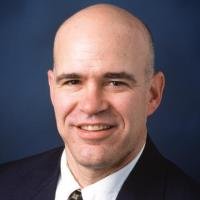 |
| Prof. Steven Banwart (Integrating Chair in Soil / Water / Agriculture, School of Earth and Environment, Université de Leeds, UK) has been in charge of the EU program SoiTrEC. He contributes also to the US-China program on the CZOs. | 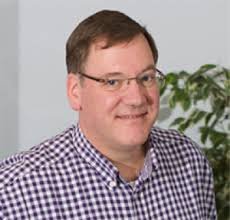 |
| Prof. Bruno Latour is a sociologist and anthropologist, particularly interested the philosophy of sciences. Fromer professor at Sciences Po (Paris), he has created and directed the Medialab and the program of Sciences Po on arts and politics (SPEAP). | 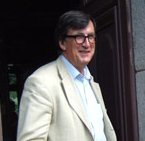 |
| Dr Jill Baron (US Geological Survey, Fort Collins, Colorado) founder and Co-Director of the John Wesley Powell Center for Earth System Science Analysis and Synthesis. | 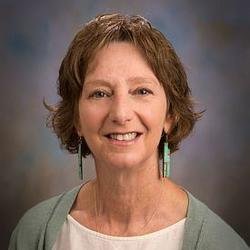 |
| Prof. Graeme Cumming (ARC Centre of Excellence on Coral Reef Studies, James Cook University, Townsville, Queensland, Australia) has a wide range of interests, centered on spatial aspects of ecology and the relevance of broad-scale pattern-process dynamics for ecosystem (and social-ecological system) function and resilience. | 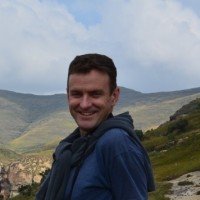 |
| Prof. Christopher Swan (Department of Geography & Environmental Systems, University of Maryland, Baltimore County, USA) is a community ecologist with expertise in riverine and urban ecology. He is a Fellow at the Center for Urban Environmental Research and Education, and a co-investigator of the Baltimore Ecosystem System, a US Long Term Ecological Research site. | 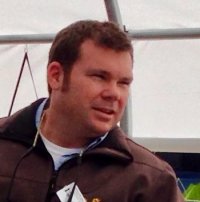 |
Scientific committee
Vincent BRETAGNOLLE, Chargé de mission INEE pour les ZA - Directeur de recherche CNRS - Centre d'études biologiques de Chizé
Paul BOIS, Maitre de conférence - Ecole Nationale du Génie de l'Eau et de l'Environnement de Strasbourg
Patrick BOURGERON, Professeur Associé, University of Colorado, Boulder, USA
Scott COLLINS, Professeur, University of New Mexico, Albuquerque, USA
Hervé FRITZ, Directeur de recherche CNRS - Laboratoire de Biométrie et Biologie Évolutive, Université de Lyon 1
Jérôme GAILLARDET, Professeur - Institut de Physique du Globe de Paris
Peter HAASE, Professeur - Senckenberg Gesellschaft für Naturforschung, Gelnhausen, Allemagne
Bill McDOWELL, Professeur - University of New Hamphire, Durham, New Hampshire, USA
Camille MAZE, Chargé de Recherche CNRS - Laboratoire des sciences de l'environnement marin, IUEM Brest
Daniel ORENSTEIN, Professeur Assistant - Technion, Haifa, Israël
Marie-Noëlle PONS, Directeur de recherche CNRS - Laboratoire Réactions et Génie des Procédés, Nancy
Hideaki SHIBATA, Professeur - Hokkaido University, Sapporo, Japon
Organization committee
Mathieu BONNEFOND - Maitre de Conférences - Conservatoire national des arts et métiers, Zone Atelier Loire
Sophie BRETESCHÉ – Maitre de Conférences - École des Mines de Nantes, Zone Atelier Territoires Uranifères
Patrick CHARDON – Ingénieur de Recherches CNRS - UMR SUBATECH, Zone Atelier Territoires Uranifères
Cendrine MONY - Maitre de Conférences - UMR ECOBIO Zone Atelier Armorique
Adrien OPEICLE – Chargé de mission – Réseau des Zones Ateliers
Catherine PAGANI – Chargée de projets – UMR Chrono-environnement, Zone Atelier Arc Jurassien
Christophe PISCART - Chargé de Recherches CNRS - UMR ECOBIO, Zone Atelier Armorique
Silvia RIBOT – Assistante Ingénieur – UMR LEHNA, Réseau des Zones Ateliers
Sylvie SERVAIN - Maitre de Conférences - UMR CITERES, Zone Atelier Loire
Pierre STÉPHAN – Chargé de Recherches CNRS - UMR LETG Brest, Zone Atelier Brest Iroise
Sponsored by
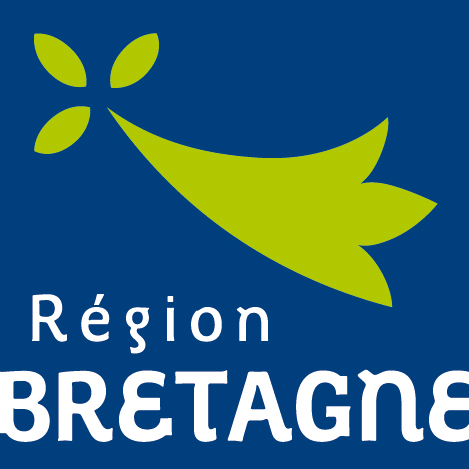
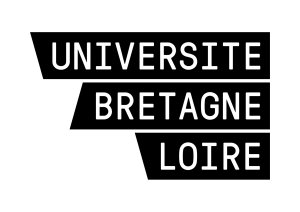
Program
